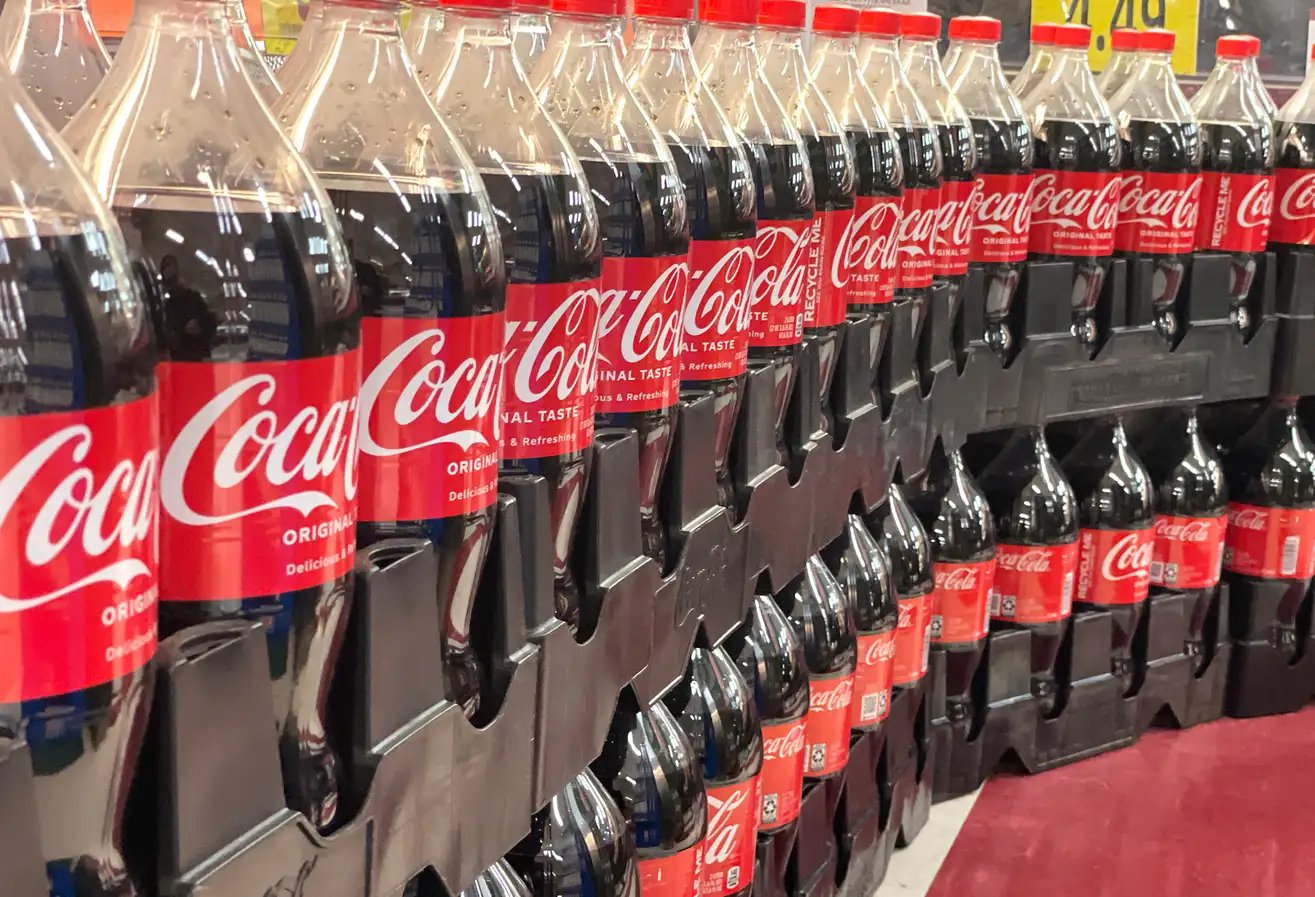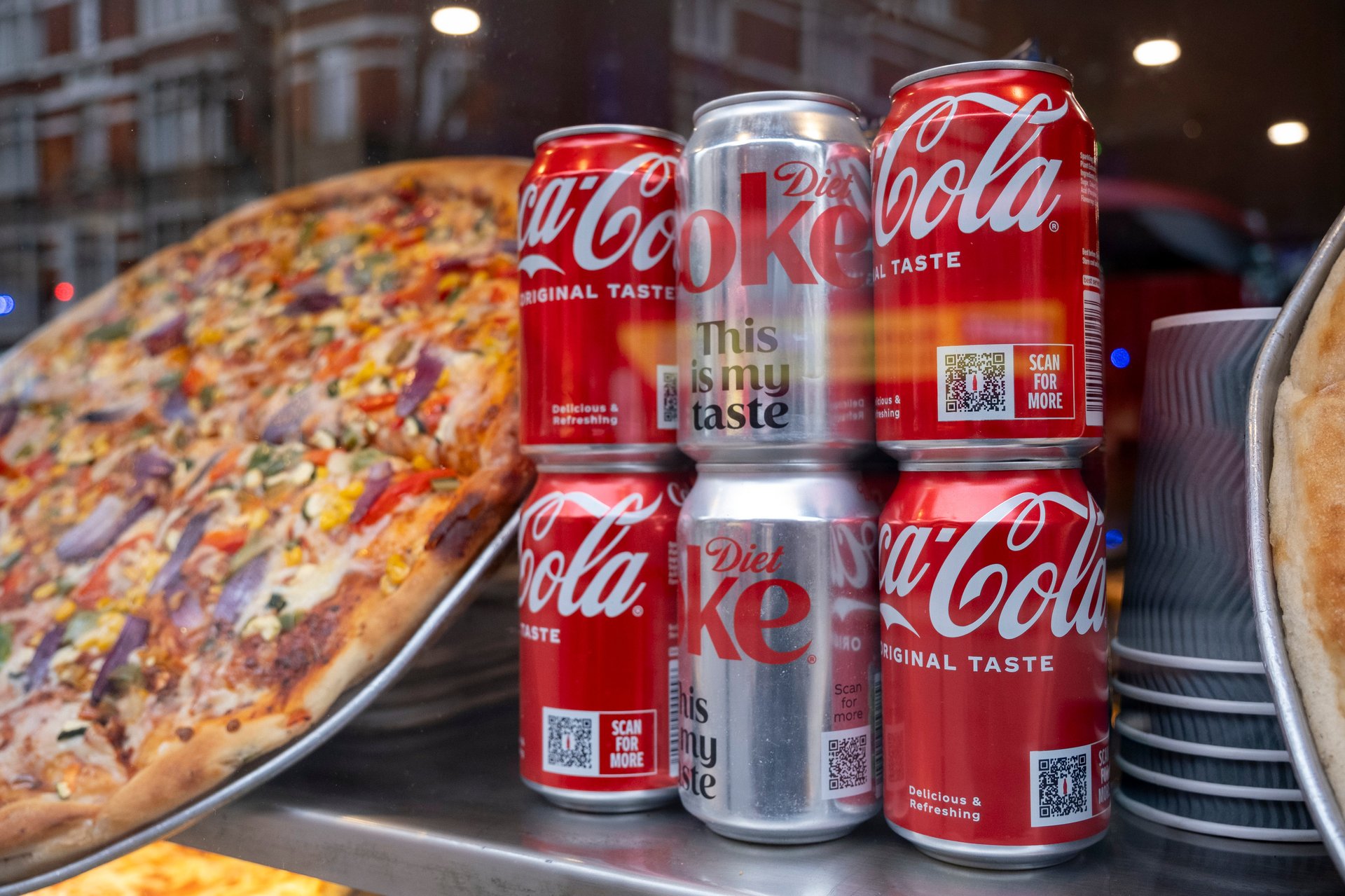Coca-Cola is bringing back a classic to cope with Trump tariffs
The beverage giant plans to adjust its strategy in response to rising aluminum costs

Coca-Cola is considering a return to plastic bottles as it grapples with rising aluminum costs from President Donald Trump’s import tariffs.
Suggested Reading
During the company’s Feb. 11 earnings call, CEO James Quincey discussed how Coca-Cola (KO) plans to manage the increased costs from these tariffs. While he acknowledged that a 25% hike in aluminum prices is significant, he emphasized that it wouldn’t drastically affect the company’s bottom line.
Related Content
“It’s a cost. It will have to be managed,” Quincey said. “It would be better not to have it relative to the U.S. business, but we are going to manage our way through.”
Coca-Cola may take a range of actions to absorb the higher prices, which could impact the beverage giant’s recycling goals. In 2018, Coca-Cola announced plans to recycle all of its packaging by 2030. But in December the company revealed new plans to use 30-35% recycled plastic globally and ensure that 70-75% of its bottles and cans are collected for recycling by 2035.

While supporters say these tariffs are intended to protect and strengthen U.S. industries, the tariff could have wide-reaching consequences for companies that rely on aluminum packaging. While the increased costs are not expected to drastically affect Coca-Cola’s massive U.S. operations, Quincey told investors that the company would adjust its approach to keep prices manageable for consumers.
The Atlanta, Georgia-based company’s decision to shift back to plastic bottles comes amid broader changes within Coca-Cola. The brand saw strong fourth-quarter earnings, driven by price hikes on its soda, energy drinks, and juices.
Healthier options are also growing, with Coca-Cola Zero Sugar up 13% as demand for low-calorie drinks rises, further fueled by the boom in diabetes and weight-loss drugs like Ozempic and Wegovy. The Fairlife dairy line, a key part of Coca-Cola’s pivot away from sugary beverages, also exceeded expectations, with earnings surpassing projections and reaching around $6 billion this year.